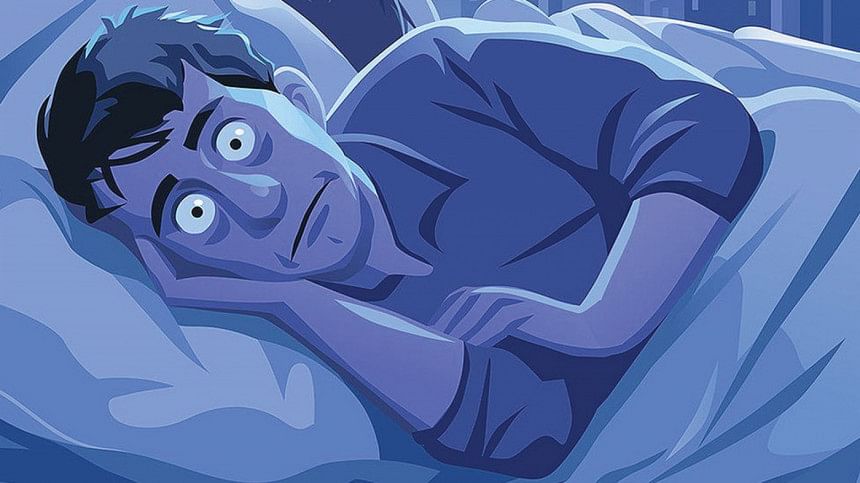Sleepless nights understanding the causes, risks, and treatments for insomnia

Insomnia is a widespread sleep disorder that affects millions of people worldwide. The National Sleep Foundation recommends that adults get an average of 7-9 hours of sleep per night, yet research suggests that up to 30% of adults experience some degree of insomnia, with women being more likely to be affected than men.
Individuals with chronic insomnia (defined as difficulty sleeping at least three nights per week for three months or longer) are more likely to develop mental health disorders, such as depression and anxiety.
Causes and risks: Insomnia has various causes and can involve psychological, physical, and environmental factors. Stress and anxiety are common triggers of insomnia. Other psychological factors that may contribute to insomnia include depression, post-traumatic stress disorder, and bipolar disorder.
Physical health conditions such as chronic pain, respiratory disorders, and neurological conditions can also interfere with sleep, as can certain medications.
Lifestyle habits like irregular sleep schedules, excessive caffeine consumption, and lack of physical activity can also contribute to insomnia. Exposure to electronic devices before bedtime can disrupt sleep.
Treatment: Insomnia can be treated through a combination of behavioural and pharmacological interventions. Cognitive-behavioural therapy (CBT) is a widely used approach that aims to address the underlying causes of insomnia and promote healthy sleep habits.
Medications can be used to treat insomnia, but they have side effects and are not recommended for long-term use.
In recent years, researchers have investigated the potential of non-pharmacological interventions, such as mindfulness-based interventions, yoga, and exercise, as alternative treatments for insomnia.
Lifestyle changes such as avoiding caffeine and alcohol, establishing a regular sleep schedule, and creating a comfortable sleep environment can also be effective in treating insomnia.
Exercise has also been shown to be beneficial for insomnia.
Insomnia is linked with negative outcomes such as impaired cognitive function and increased risk of accidents and injuries. It can also worsen pre-existing medical conditions. Consultation with a healthcare professional is crucial in finding the best treatment for individual cases of insomnia.
The writer is a public health specialist.
E-mail: [email protected]

 For all latest news, follow The Daily Star's Google News channel.
For all latest news, follow The Daily Star's Google News channel. 



Comments